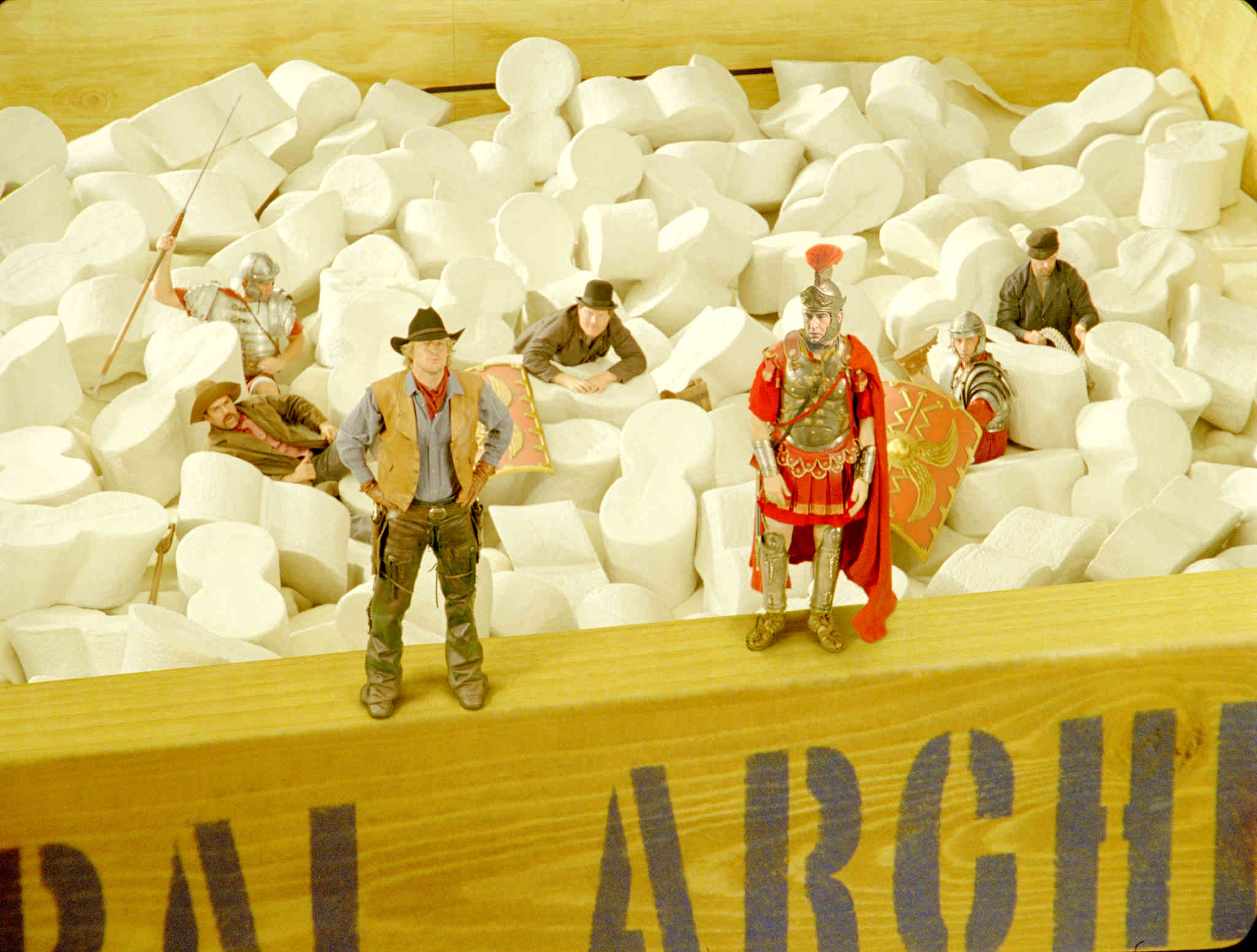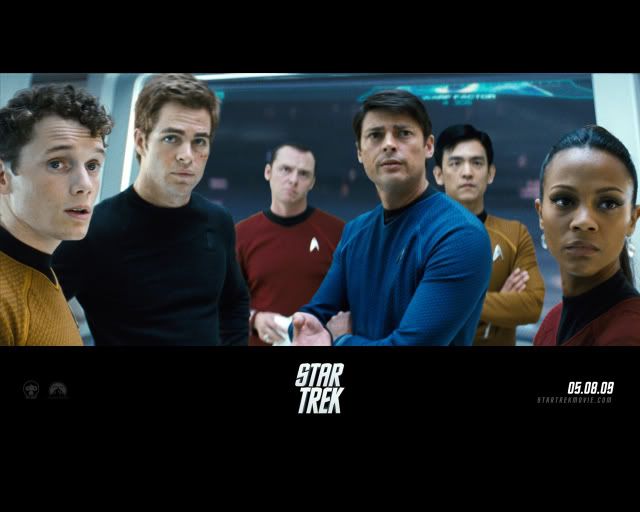
 Every Little Step - the unfortunately titled documentary about the making (and re-making) of "A Chorus Line" - is a pleasant surprise and perhaps this summer's greatest diversion from the slew of special-effects laden blockbusters.
Every Little Step - the unfortunately titled documentary about the making (and re-making) of "A Chorus Line" - is a pleasant surprise and perhaps this summer's greatest diversion from the slew of special-effects laden blockbusters.Don't let the title throw you off. This movie is basically The Chorus Line Story. Directors Adam Deo and James Stern have dug up fascinating archival footage of Michael Bennett's original production of "A Chorus Line," including the 12-hour tape session he did with a group of random dancers as his creative inspiration for the play. They've then interspersed this with film of today's dancers and hopefuls auditioning for the recent Chorus Line revival. The result is a fascinating story-within-a-story-within-a-story: how the stories of real-life dancers morphed into a play about the trials and tribulations of the auditioning process - how that play then morphed into a revival, and how the trials and tribulations of today's dancers, who are auditioning for this quintessential play about dancing, are reflected in the timeless material of the story and music.
Needless to say, it doesn't hurt to be a fan of A Chorus Line. But anyone who's enjoyed the Broadway musical will find this movie a fascinating exploration of both Michael Bennett's creative process and the dancer's journey to bring his phenomenal work back to life on Broadway.
In a day-and-age when we're saturated with the personalities of the lesser talents on shows like "American Idol" and "So You Think You Can Dance," it's refreshing, to say the least, to spend some time with people with real talent - people able to genuinely dance, sing, and act as they compete for the roles of a lifetime. Not for nothing, I think, does this documentary include the "So You Think You Can Dance" celeb Tyce Diorio in its selection of which auditioners to follow - his healthy dose of preening self-reliance provides an interesting contrast to other dancers who've spent more time, and perhaps had more disappointment, over many grueling years.
That isn't the only fascinating tidbit in this endlessly interesting documentary. The film shows us not only how Michael Bennett's tapes became the lyrics to some of the most recognized songs on Broadway (fascinating in and of itself), it also delves into Marvin Hamlisch's creative process, brings us interviews with (and footage of) original cast members such as Donna McKechnie, and creates the same superb drama as one gets on an Idol finale, as dancers with whom we've grown fond come closer to finding out whether they've made the final cut. The film nimbly switches us from 1974 to present day and back again, juxtaposing process, audition, music, and revival in endlessly interesting ways.
The film offers an interesting an emotional highlight in the search for a dancer to play the character of "Paul" - that's the character who reveals his early life working in drag and the shame he felt when his parents discovered him. The Paul speech is flamboyant, charged, emotional - but the character can't come off as too feminine, because it's the very masculinity in the character that makes the gender bending moment painful. The character really needs to be a very unique mix of masculine and fey, strength and vulnerability. In a way, he's a stand-in for author Michael Bennett, and also the group's tragic face (in the play, he ends up injuring himself and needing to be carried off before he can be cast). Now, we've seen a variety of dancers trying out for other parts already - most of them good, some of them very good - and we've seen that the selection process can be a bit of a struggle. The revival's directors go through a bevy of boys who deliver Paul's lines in a variety of awful styles: flat, prissy, overly gay, overly angry, one with a Brooklyn accent. It seems that attempting to cast Paul will be hopeless. Then on comes young dancer Jason Tam. Jason delivers the Paul speech with such spot-on intensity, everyone at the director's table is left in tears (as is most of the movie audience). I doubt you've ever seen anything like it, and they cast him on the spot (I'd like to see an "American Idol" contestant try to reduce Simon Cowell to tears.)
The remarkably of Jason's casting as Paul ends up providing just the right punctuation as the rest of the dancers end up competing in the traditional chorus line casting for the remaining parts. Here's where the movie dovetails into the play, replicating the same hopes, trials, and disappointments. The movie asks us, in a way, to see if we agree with the director's choices: who's interpretation of the streetwise Sheila, the artificially buxom Val (the "Tits and Ass" gal), or the old pro Cassie meets with our own expectations of those characters? Do we agree with the director's selections?
If there's anything missing from this lovely film, it's getting a chance to see more of the final cast in action. Perhaps we are meant to be ponying up for our Broadway ticket, for that. And yes, we do end the film with the play's signature number, "One." But a little more time to see how the winning contestants filled out their roles would have been nice.
But then, after having learned this much about the making of "A Chorus Line," perhaps the only thing that can satisfy now is to go get tickets to the play. And then watch this entertaining and informative documentary again.













